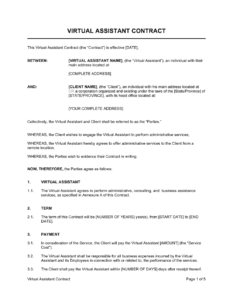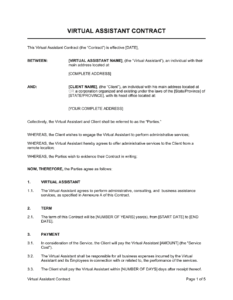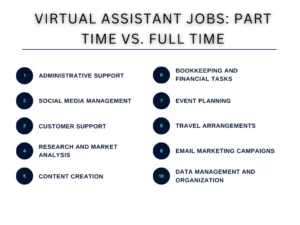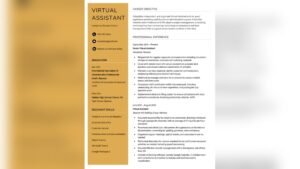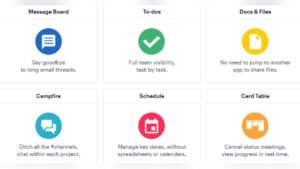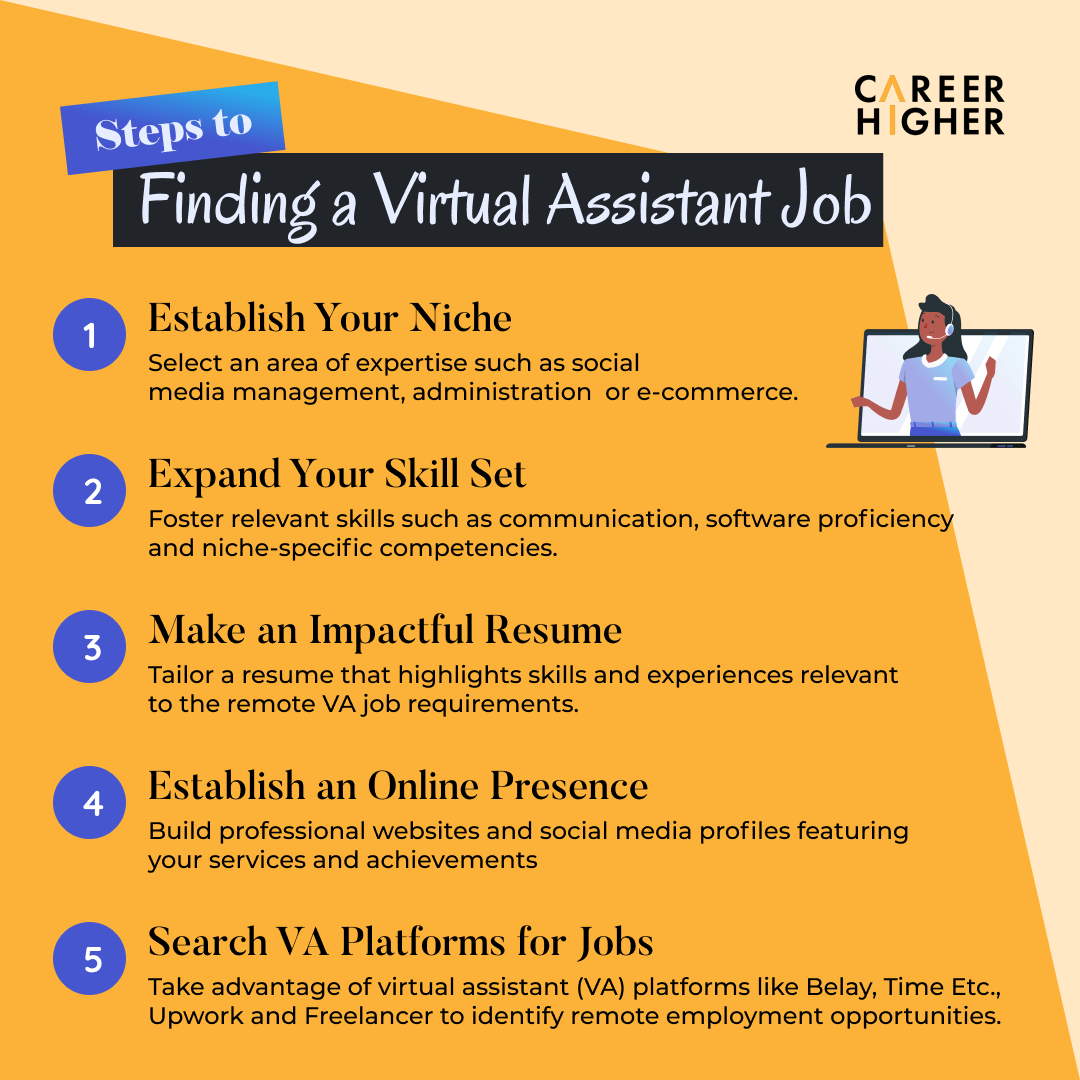Remote work has transformed the job market. This trend continues to grow rapidly.
Understanding the remote job market is crucial for both job seekers and employers. Remote work offers flexibility and access to a global talent pool. But navigating this market can be challenging. In this blog post, we will analyze the current state of remote jobs. We’ll explore key trends, benefits, and challenges. Whether you are looking for remote work or hiring remote employees, this analysis will provide valuable insights. For those seeking reliable remote job listings without the hassle of ads and scams, FlexJobs is a trusted resource. Let’s dive into the remote job market and discover what it holds for you.
Introduction To The Remote Job Market
The remote job market has grown rapidly in recent years. With advancements in technology, more people work from home. This blog post explores the rise of remote work and the purpose of analyzing this trend.
Understanding The Rise Of Remote Work
The rise of remote work began with the internet. Faster internet speeds and better communication tools made remote jobs possible. Many companies saw the benefits.
Flexibility is one key benefit. Employees can work from anywhere. This reduces commuting time and increases job satisfaction.
Another benefit is cost-saving. Companies save on office space and utilities. They can also hire talent from different locations.
| Benefits of Remote Work |
|---|
| Flexibility |
| Cost-saving |
| Access to global talent |
Purpose Of The Analysis
The purpose of analyzing the remote job market is to understand trends. This helps job seekers and employers. Job seekers can find better opportunities. Employers can adapt to changes in the market.
This analysis also identifies challenges. Some challenges include communication issues and time management. Understanding these helps in finding solutions.
- Identify trends in remote work
- Help job seekers find opportunities
- Assist employers in market adaptation
- Address challenges in remote work
Analyzing the remote job market provides valuable insights. This helps in making informed decisions.
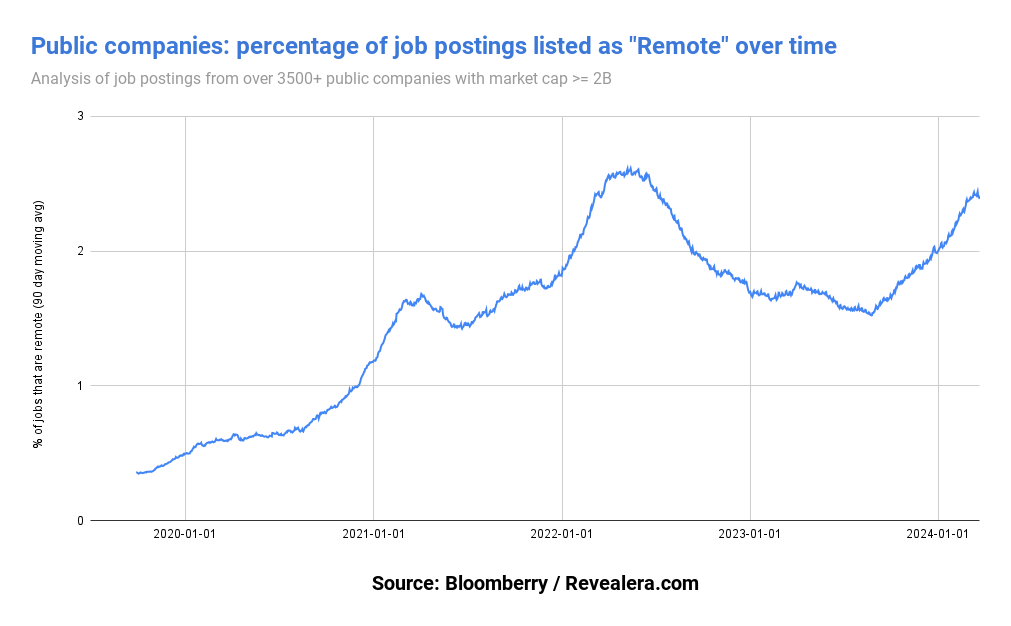
Credit: bloomberry.com
Current Trends In The Remote Job Market
The remote job market has seen significant changes in recent years. With the rise of digital technology, more companies are offering remote positions. This shift has impacted various industries and job seekers alike. Let’s explore the current trends shaping the remote job market.
Increase In Remote Job Listings
There has been a notable increase in remote job listings across many job boards. Platforms like Flexjobs focus on providing listings free from ads, scams, and junk. This trend indicates that more employers trust remote work models.
According to recent data, remote job listings have grown by over 50% in the past year. This growth is driven by both large corporations and small businesses. They recognize the benefits of a remote workforce, such as reduced overhead costs and access to a wider talent pool.
Popular Industries For Remote Work
Not all industries are equally suited for remote work. Some have embraced it more than others. Here are the top industries for remote jobs:
- Information Technology (IT)
- Customer Service
- Marketing
- Healthcare
- Education
In the IT sector, remote roles are abundant. Software development, cybersecurity, and data analysis are top remote job categories. Customer service roles are also popular, with many companies shifting their support teams to remote settings.
Technological Advancements Facilitating Remote Work
Technological advancements have played a crucial role in enabling remote work. Tools like video conferencing, project management software, and cloud storage have made remote collaboration easier. Here are some key technologies:
| Technology | Purpose |
|---|---|
| Video Conferencing | Facilitates virtual meetings |
| Project Management Software | Helps in tracking tasks and deadlines |
| Cloud Storage | Enables access to files from anywhere |
These technologies ensure that remote teams remain productive and connected. As a result, more companies are adopting remote work policies. Flexjobs is a great resource for finding remote roles that leverage these technological advancements.
Opportunities In The Remote Job Market
The remote job market continues to grow. This growth opens up many opportunities for both employers and job seekers. With remote work, geographical boundaries disappear, leading to numerous benefits.
Expanding Job Pool For Employers
Employers can now access a larger pool of candidates. They are no longer limited to local talent. This broadens their search for the perfect candidate.
Employers can choose from a diverse range of skills. They can hire experts from different parts of the world. This diversity can lead to innovative ideas and solutions.
Cost savings is another benefit. Employers can save on office space and other related costs.
| Benefits | Details |
|---|---|
| Expanded Talent Pool | Access to candidates worldwide |
| Diverse Skills | Hiring experts from different regions |
| Cost Savings | Reduced office space expenses |
Access To A Global Talent Pool For Job Seekers
Job seekers benefit from remote work too. They can apply to jobs around the world. This means more job opportunities.
Remote work allows job seekers to find positions that fit their skills. They are not restricted by location. This flexibility can lead to better job satisfaction.
- More job opportunities
- Better job satisfaction
- Flexibility in job search
Enhanced Work-life Balance
Remote work can improve work-life balance. Employees can work from home or any location they choose. This flexibility can lead to reduced stress and better health.
Workers can save time and money by not commuting. They can spend more time with family or on hobbies. This leads to a healthier and happier lifestyle.
- Reduced stress
- Better health
- Time savings
In summary, the remote job market offers many opportunities. Both employers and job seekers can benefit from this growing trend.
For more information on finding remote jobs, visit Flexjobs. It is a trusted job site with no ads, scams, or junk.
Challenges Faced In The Remote Job Market
Working remotely offers many benefits. Yet, it also brings unique challenges. These challenges affect both employees and employers. Understanding them can help improve remote work environments.
Communication And Collaboration Issues
Communication is a major challenge in remote work. Teams often struggle with the lack of face-to-face interactions. Misunderstandings can occur more frequently. Time zone differences add another layer of complexity.
Collaboration tools like Slack and Zoom help. Yet, they cannot fully replace in-person meetings. Employees may feel isolated. This can affect team cohesion and morale.
Maintaining Productivity And Accountability
Productivity can be hard to maintain in a remote setup. Distractions at home are common. Lack of a dedicated workspace can also hinder work efficiency.
Employers find it challenging to ensure accountability. Monitoring tools like Time Doctor are used. But these can lead to trust issues between employees and employers.
Setting clear goals and regular check-ins help. Yet, they require consistent effort from both sides.
Cybersecurity And Data Privacy Concerns
Cybersecurity is a critical issue in remote work. Employees access company data from various locations. This increases the risk of data breaches.
Data privacy regulations must be followed. Companies need to invest in secure VPNs and encryption. Regular training on cybersecurity best practices is essential.
A table might help summarize these key points:
| Challenge | Solution |
|---|---|
| Communication Issues | Use tools like Slack, Zoom |
| Maintaining Productivity | Set clear goals, regular check-ins |
| Cybersecurity Concerns | Use VPNs, encryption, regular training |
Key Features Of Successful Remote Work Models
Understanding key features of successful remote work models is essential for any business. Remote work success hinges on several important factors. These include the right tools, strong security, and flexible policies. Let’s dive deeper into these features.
Effective Communication Tools
Effective communication tools are critical for remote work success. They enable seamless interaction between team members. Popular tools include Slack, Zoom, and Microsoft Teams. These platforms support instant messaging, video conferencing, and file sharing.
- Slack: Ideal for instant messaging and collaboration.
- Zoom: Excellent for video conferencing and virtual meetings.
- Microsoft Teams: Integrates with Office 365 and supports chat and video calls.
Choose tools that fit your team’s needs. Ensure they are user-friendly and reliable. Proper training on these tools is also vital. This ensures everyone can use them effectively.
Robust Cybersecurity Measures
Robust cybersecurity measures protect sensitive data. Remote work exposes businesses to cyber threats. Implementing strong security protocols is essential.
- Virtual Private Networks (VPNs): Secure remote connections.
- Multi-Factor Authentication (MFA): Adds an extra layer of security.
- Regular Security Training: Keeps employees informed about potential threats.
Regularly update and patch systems. This minimizes vulnerabilities. Use strong passwords and encryption to safeguard information.
Flexible Work Policies
Flexible work policies are important for remote work success. They provide employees with work-life balance. This boosts morale and productivity.
| Policy | Benefit |
|---|---|
| Flexible Hours | Allows employees to work during their most productive hours. |
| Remote Work Allowance | Covers expenses like internet and home office setup. |
| Paid Time Off (PTO) | Ensures employees can take breaks and recharge. |
Clearly communicate these policies to your team. Ensure they understand how to use them. This fosters a supportive and flexible work environment.
Pricing And Affordability Of Remote Work Solutions
Remote work solutions have transformed how businesses operate. They offer flexibility and cost savings. Yet, understanding the pricing and affordability of these solutions is crucial. This section explores the cost of tools, savings on office space, and financial implications for employees.
Cost Of Remote Work Tools And Software
Using remote work tools and software can save money for businesses. But, these tools have costs. Businesses must budget for subscriptions and licenses. Here are common expenses:
- Communication Tools: Platforms like Slack or Zoom often have monthly fees.
- Project Management Software: Trello, Asana, and others may charge per user.
- Cloud Storage: Services like Google Drive or Dropbox require subscriptions.
Here’s a table summarizing typical costs:
| Tool | Monthly Cost (per user) |
|---|---|
| Slack | $6.67 |
| Zoom | $14.99 |
| Asana | $10.99 |
| Google Drive | $1.99 |
Savings On Physical Office Space
Remote work removes the need for physical office spaces. This leads to significant savings. Businesses no longer need to pay for:
- Rent or lease payments
- Utilities and maintenance
- Office supplies and equipment
Consider these average annual costs for office space:
| Expense | Annual Cost |
|---|---|
| Rent | $24,000 |
| Utilities | $6,000 |
| Maintenance | $3,000 |
| Office Supplies | $1,200 |
Financial Implications For Employees
Remote work also impacts employees’ finances. They save on commuting and meals. Here are some potential savings:
- Transportation costs: Bus or train tickets, fuel
- Meals: Lunches, snacks, and coffee
- Work attire: Formal clothes and dry cleaning
On average, employees can save:
| Expense | Annual Savings |
|---|---|
| Transportation | $2,000 |
| Meals | $1,500 |
| Work Attire | $500 |
Flexjobs, a job site to find remote jobs, can help you discover remote opportunities without ads, scams, or junk. Visit their site at Flexjobs to learn more.
Pros And Cons Of Remote Work
Remote work is transforming the job market. It offers flexibility and freedom for many professionals. But it also comes with challenges. In this section, we will explore the pros and cons of remote work. This will help you make an informed decision about working remotely.
Advantages Of Remote Work
Remote work has several benefits. Below are some key advantages:
- Flexibility: Remote work allows you to choose your work hours. This helps in maintaining a better work-life balance.
- No Commute: You save time and money by avoiding daily commutes. This also reduces stress and increases productivity.
- Cost Savings: Working from home can save money on transportation, meals, and work attire.
- Increased Productivity: Many remote workers report higher productivity levels. Fewer office distractions contribute to this.
- Global Opportunities: Remote work opens doors to jobs worldwide. You are not limited by your geographical location.
Disadvantages Of Remote Work
While remote work has many benefits, it also has its downsides:
- Isolation: Remote workers often feel isolated. Lack of social interaction can affect mental health.
- Communication Challenges: Remote work can lead to miscommunication. Lack of face-to-face interaction can create misunderstandings.
- Work-Life Balance: It can be hard to separate work from personal life. This might lead to burnout.
- Distractions at Home: Home environments can be full of distractions. This can affect work performance.
- Technical Issues: Reliable internet and technology are crucial. Technical problems can disrupt work.
Balancing The Pros And Cons
Finding a balance between the pros and cons of remote work is essential. Here are some tips to help you achieve this:
- Set Clear Boundaries: Create a dedicated workspace. Set specific work hours to separate work from personal life.
- Stay Connected: Use communication tools to stay in touch with colleagues. Regular virtual meetings can help reduce feelings of isolation.
- Manage Time Wisely: Plan your tasks and take regular breaks. This helps in maintaining productivity and avoiding burnout.
- Invest in Technology: Ensure you have reliable internet and essential tech tools. This minimizes work disruptions.
- Seek Support: Reach out to support groups or counseling if needed. Mental health is crucial for remote workers.
By weighing the pros and cons and applying these tips, you can enjoy the benefits of remote work while mitigating its challenges. Flexjobs is a great platform to find remote jobs without ads, scams, or junk. For more information, visit Flexjobs.
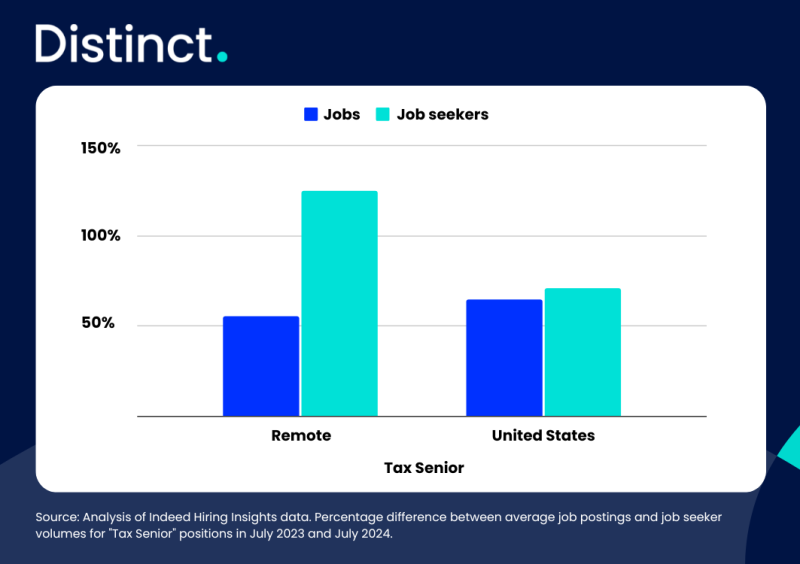
Credit: www.internationaltaxreview.com
Recommendations For Employers And Job Seekers
The remote job market is evolving rapidly. To navigate this space, both employers and job seekers need to adopt specific strategies. Below are some recommendations to help employers and job seekers thrive in the remote job market.
Best Practices For Employers
Employers should focus on creating a flexible and inclusive remote work environment. This helps attract and retain top talent. Here are some best practices:
- Clear Communication: Establish clear lines of communication. Use tools like Slack or Microsoft Teams.
- Performance Metrics: Set clear performance metrics. This helps in monitoring productivity.
- Tech Resources: Provide necessary tech resources. This includes laptops, software, and internet stipends.
- Inclusive Culture: Foster an inclusive culture. Encourage virtual team-building activities.
- Flexible Hours: Offer flexible working hours. This boosts employee satisfaction and productivity.
Tips For Job Seekers
Job seekers should be proactive and strategic in their approach. Here are some tips:
- Optimize Your Resume: Tailor your resume for remote jobs. Highlight relevant skills and experience.
- Use Specialized Job Sites: Use platforms like FlexJobs. They specialize in remote job listings.
- Build a Portfolio: Create a portfolio showcasing your work. This is crucial for remote roles.
- Network Online: Engage in online networking. Join LinkedIn groups and forums related to your industry.
- Prepare for Remote Interviews: Practice for remote interviews. Ensure a quiet environment and good internet connection.
Future Outlook Of The Remote Job Market
The remote job market is expected to grow. Here are some trends to watch:
| Trend | Impact |
|---|---|
| Increased Flexibility | More companies will offer flexible work options. |
| Global Talent Pool | Employers can hire talent from anywhere in the world. |
| Tech Integration | Advanced tools will enhance remote work efficiency. |
| Focus on Well-being | Companies will invest in employee well-being programs. |
Both employers and job seekers need to stay updated with these trends. Adapting to these changes will ensure success in the remote job market.

Credit: www.virtualvocations.com
Frequently Asked Questions
How Is The Remote Job Market Right Now?
The remote job market is thriving. Many companies offer flexible work options. Opportunities are abundant across various industries. This trend continues to grow as businesses recognize the benefits of remote work.
Are Remote Jobs Decreasing Or Increasing?
Remote jobs are increasing. Companies recognize benefits like cost savings and access to a global talent pool.
Is Remote Work Dead In 2024?
Remote work isn’t dead in 2024. Many companies continue to offer flexible work arrangements due to employee demand and technological advancements.
Will 2025 Be A Bad Year For Remote Work?
It’s uncertain if 2025 will be bad for remote work. Trends suggest flexibility and hybrid models might continue.
Conclusion
Analyzing the remote job market reveals promising trends for job seekers. Opportunities continue to grow, providing flexible work options. Companies are increasingly embracing remote work. For reliable remote job listings, consider using Flexjobs. It offers a user-friendly platform with no ads or scams. Explore the benefits of remote work today. Stay informed and adapt to the changing job landscape. Happy job hunting!
Ms.Sultana brings over 16 years of expertise working with global Clients by providing different skills and Services. For the last 5 years working as an Affiliate marketer, specializing in high-ticket campaigns that drive exponential growth. She holds a degree in Computer Science and Engineering as well as achieved many more skills certificates from different institute/academies/Platform. As part of the Elite Global Marketing team, Sultana has helped clients generate millions in revenue through strategic partnerships, innovative funnels, and data-driven insights.



